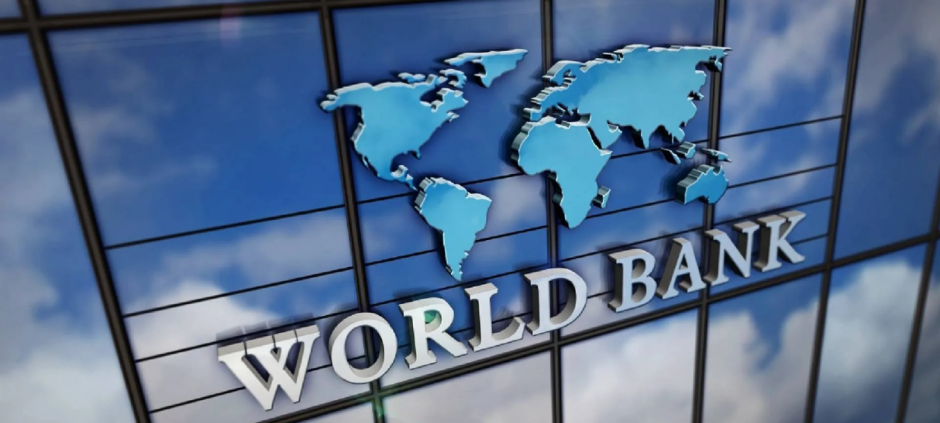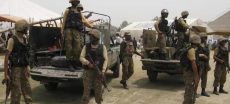The World Bank has approved a significant $20 billion loan package for Pakistan, aimed at addressing the country’s developmental challenges over the next decade. The loan, detailed in the Country Partnership Framework (CPF) for the 2025-2035 period, targets key areas such as child stunting, learning poverty, health, and climate resilience. However, the World Bank has warned that political divisions and deteriorating security, especially in Balochistan and Khyber-Pakhtunkhwa, pose critical risks to the successful implementation of the loan.
The package consists of $14 billion in concessional loans and $6 billion at higher interest rates. The World Bank’s projections for Pakistan’s economic growth remain cautious, forecasting just 3.8% growth by 2029. The framework also highlights the country’s low investment rate and high debt-to-GDP ratio, suggesting that without structural reforms, Pakistan’s growth model is unsustainable. The World Bank plans to boost private investment through its financial arms, IFC and MIGA, as part of a broader strategy to address the country’s long-term growth potential.
Also Read: Pakistan And IMF Loan Talks Inconclusive
The framework sets out several ambitious goals, including reducing child stunting, providing quality education, and increasing resilience to climate-related disasters. Additionally, it aims to promote sustainable energy, improve air quality, and support fiscal reforms. The World Bank’s partnership with Pakistan also aligns with the country’s National Economic Transformation Plan, which seeks 6% annual growth by 2028. However, security challenges in conflict-ridden regions like Balochistan complicate the execution of these plans, with violence in these areas escalating over the past year.
Despite these hurdles, the World Bank remains committed to supporting Pakistan’s development through both public and private sector investments. Over the next decade, the framework aims to provide essential services to millions, including education, healthcare, and water sanitation, while also addressing Pakistan’s climate vulnerabilities. With a comprehensive approach and long-term partnership, the World Bank hopes to guide Pakistan toward a more stable and prosperous future.











